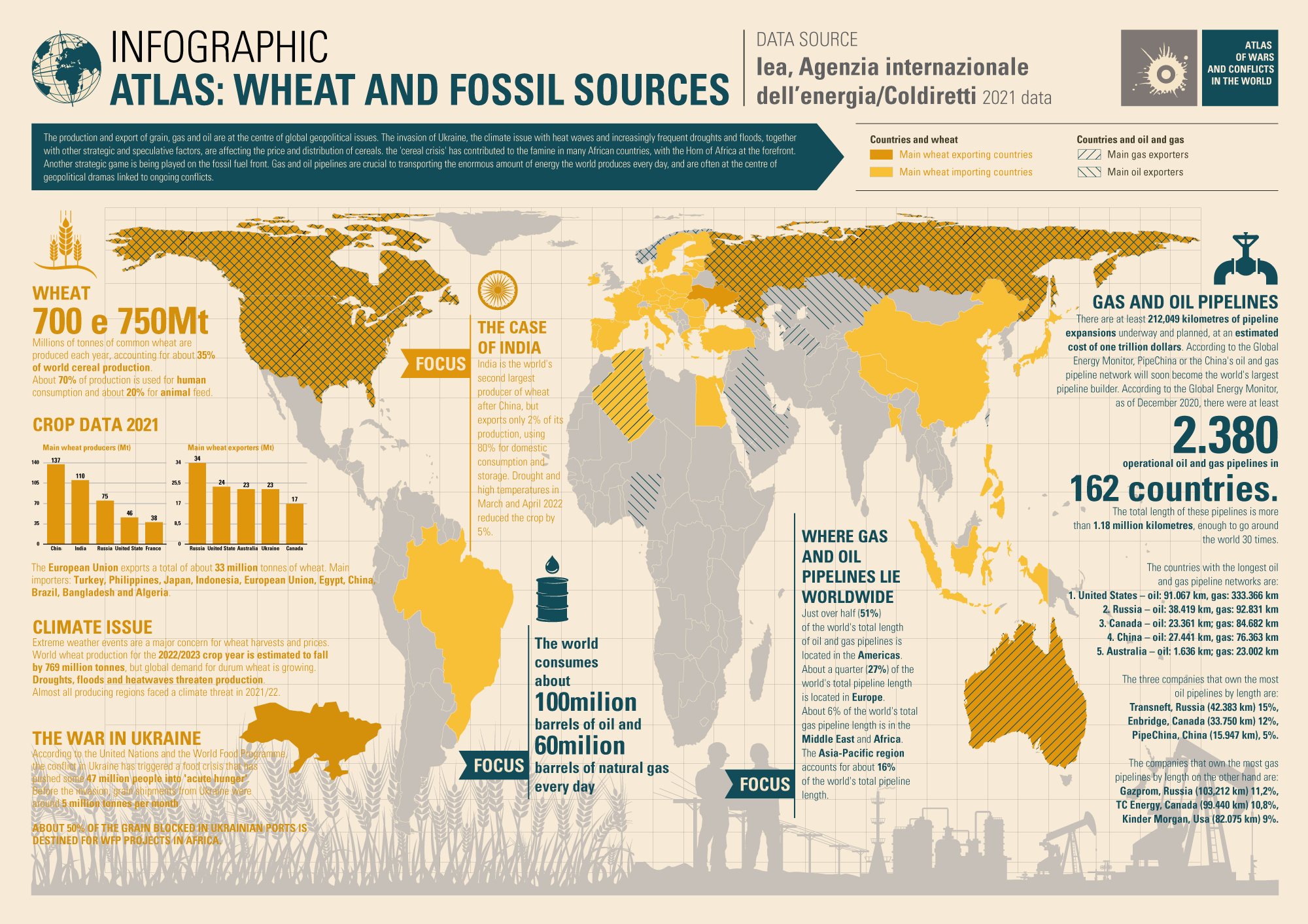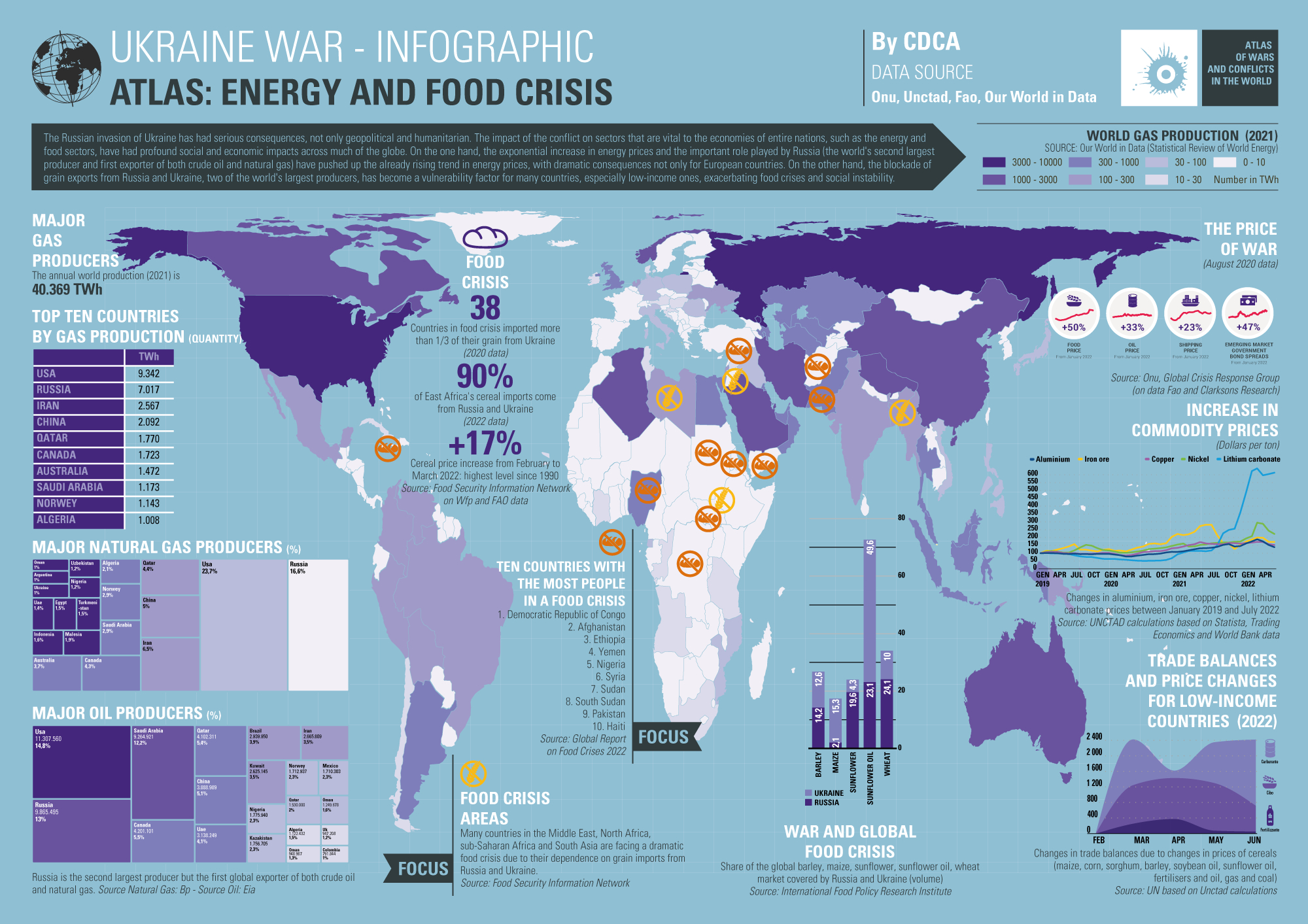“The Black Sea agreement ceased to function today,” said Kremlin Spokesman Dmitry Peskov on Monday 17 July. This is the end of the Turkish-brokered pact to export Ukrainian grain to the rest of the world. As reporter by Moscow political and financial daily Kommersant, the Russian delegation to the UN said the decision on the deal was final and no further negotiations were planned.
For the US Ambassador to the UN, Linda Thomas-Greenfield, the Kremlin’s decision is “an act of cruelty”. Without an extension, “prices around the world will rise again,” thundered the Kyiv government’s Foreign Minister, Dmytro Kuleba, as reported by the RBC Ukraine news agency on its Telegram channel. “Russia has been slowly killing the grain deal from one extension to the next,” Kuleba said, recalling that last year, when the Black Sea grain initiative was implemented, “global food prices fell by 20 per cent”. The Ukrainian Foreign Minister believes that Moscow is “using hunger as a tool” to blackmail the world.
“I strongly condemn Russia’s cynical move to end the Black Sea Grains Initiative, despite the efforts of the UN and Turkey,” European Commission President Ursula von der Leyen wrote in a tweet. She went on to say that “the EU is working to ensure food security for vulnerable people around the world. The EU’s solidarity corridors – von der Leyen promised – will continue to bring Ukrainian agricultural and food products to global markets.”
Ukrainian President Volodymyr Zelensky told the RBC Ukraine news agency that there were two agreements: one between “Ukraine, Turkey and the UN” and “the other between Russia, Turkey and the UN. This means – he said – that Russia is violating agreements with UN Secretary-General Antonio Guterres and Turkish President Recep Tayyip Erdogan, not with us, because we had no agreements with them”.
Speaking at a press conference at Istanbul’s Ataturk Airport before leaving for Saudi Arabia, Erdogan said he was “convinced that Vladimir Putin wants to continue with the agreement” on Ukrainian grain. For the Turkish president, “the Black Sea Initiative, now entering its first year, has gone down in history as a great diplomatic success. More than 33 million tonnes of cereal products have been shipped. Many countries have been prevented from falling into a food crisis”.
Wheat production and exports remain at the centre of global geopolitics. This ‘crisis’ has contributed to the famine in many African countries, particularly in the Horn of Africa. The blockade of grain exports from Russia and Ukraine, two of the world’s largest producers, has in fact become a factor of vulnerability for many countries, especially low-income ones, exacerbating food crises and social instability.
The following two infographics in the eleventh edition of the Atlas of Wars illustrate some aspects of this crisis: the countries with the most food-insecure populations, the largest wheat exporters and importers, and data on commodity price increases and trade balances for low-income countries.
To learn more, read our Ukraine conflict factsheet

Atlas: Wheat and fossil sources

Atlas: Energy and food crisis
(Red/Est/ADP-AP)
On the cover photo: Odessa Ukraine, sea transportation of grain © VolodymyrT/Shutterstock.com
























